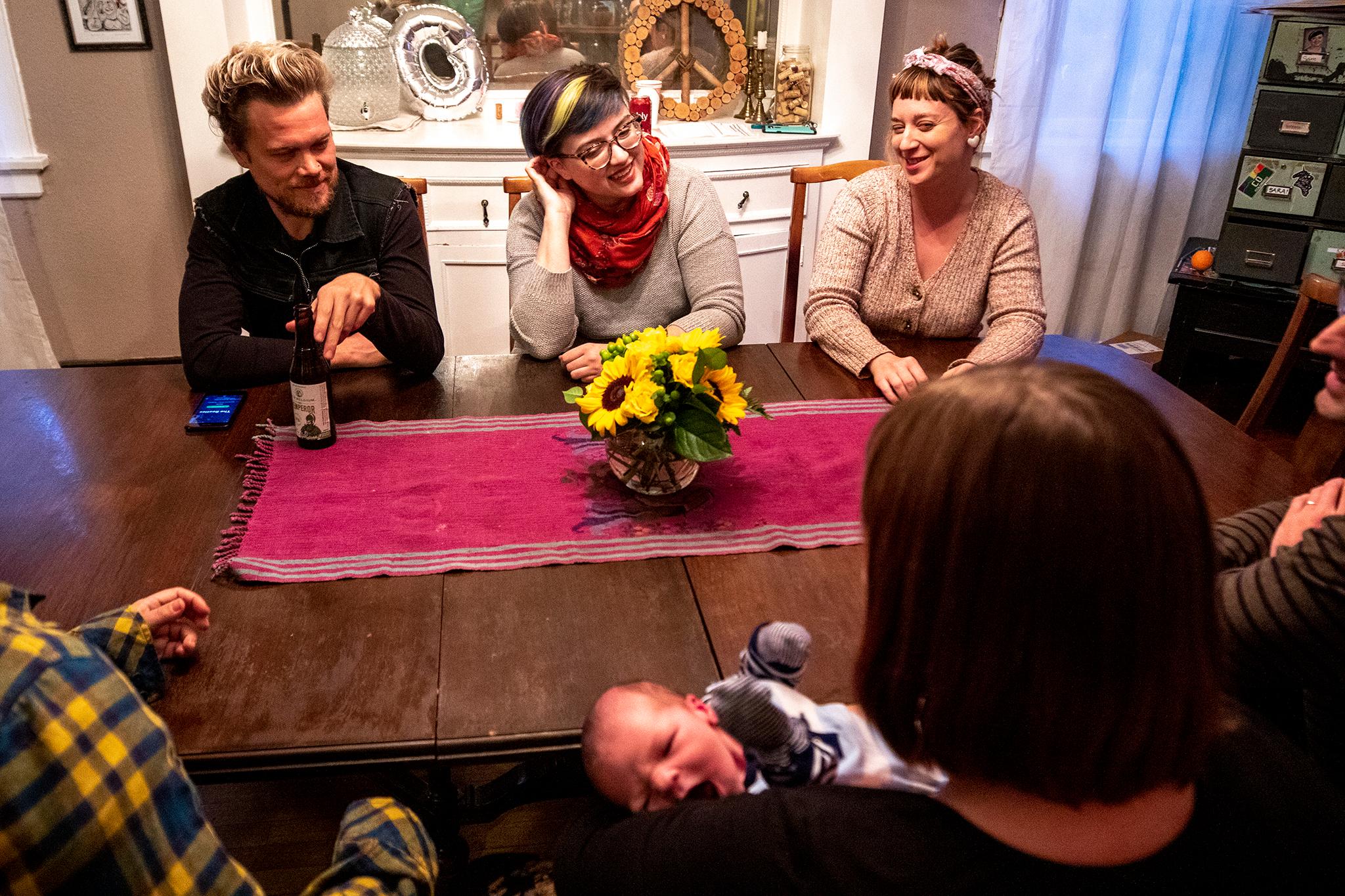Denver City Council adopted a sweeping set of rules Monday for group living after nearly three years of public discussions, meetings and tweaks based on feedback.
The measures passed 11-2 early Tuesday morning after a public comment session that lasted more than five hours. Councilmembers Kevin Flynn and Amanda Sawyer voted against the proposal.
"At the end of the day I think these changes represent very broad input from the community," said Councilmember Debbie Ortega, who supported the changes.
The changes to the city's zoning code will allow halfway houses in more parts of the city and increase the number of unrelated adults who can share a home. Up to five unrelated adults will be able to legally live together in homes in Denver, up from two. Residential facilities like homeless shelters, halfway houses, sober living and rehabilitation facilities, and assisted living and nursing homes will be regulated by size rather than by the types of services they offer.
The new rules will provide more spaces for halfway houses in Denver. Before Monday's City Council vote, halfway homes were only allowed in about 3,210 acres of industrial areas near downtown. Now, they can stretch out to 19,000 acres in commercial corridors throughout the city. The new law will prohibit halfway homes from entering residential areas where only single-family, duplex and row house homes are built, or so-called low-intensity areas.
The new rules were years in the making, with the city's planning office hosting its first meetings to begin talking about changing the zoning code in March 2018. The city has hosted more than 30 advisory meetings and participated in more than 50 other public meetings and presentations with local groups, including registered neighborhood organizations, ever since.
City Community Planning and Development Executive Director Laura E. Aldrete said on Monday the changes will help modernize the city's zoning code.
City planners say the changes will help expand housing possibilities in Denver at a time when homes are increasingly more expensive. They said the new rules will lead more people to consider things like co-living and tiny homes.
But data from cities where more unrelated people are allowed to live together doesn't exactly suggest more people actually do. Denver looked at 30 cities with higher household limits, including Albuquerque, Austin, Boulder, Kansas City and Minneapolis. It found that despite having limits ranging from three to eight unrelated adults in a household, average household sizes in those cities were still only between 2 and 3.1 people. Cities like Seattle and Vancouver allow up to eight unrelated adults per household but have an average household size of 2.12 and 2.46 unrelated adults, respectively. Those numbers are closer to Denver's own current average of 2.31, according to city data.
At least 150 people initially signed up to speak during the public hearing, representing neighborhoods all over the city including Athmar Park, Baker, Cherry Creek, Cole, Congress Park and Montbello.
A majority spoke in favor of the changes. Before the meeting, City Council got 619 letters of support and 524 letters in opposition to the changes.
People who opposed the changes worried about their impact on quality of life and property values and said they would create "frat house" environments in some cases. Speakers said they would negatively impact neighborhood character and that the changes would lead to more people moving to the suburbs.
"Like many people, my home is my most significant investment," said Kristin Macarthur, who opposed the proposal. "I'm too close to retirement to recover from a sudden loss of value due to the zoning changes you're proposing."
Even speakers who supported the changes took issue with them. Some said they didn't go far enough (the original proposal would have allowed up to eight unrelated people to live together). A few people said they supported the changes with caveats.
Mary Coddington, who spoke on behalf of the Neighborhood Development Collaborative, which advocates for affordable housing, supported the changes. She said the organization "looks forward to a future in which Denver bases all of its zoning choices on the characteristics of the built environment instead of the characteristics of its residents."
The new rules will take effect once Mayor Michael Hancock signs the bill into law.













